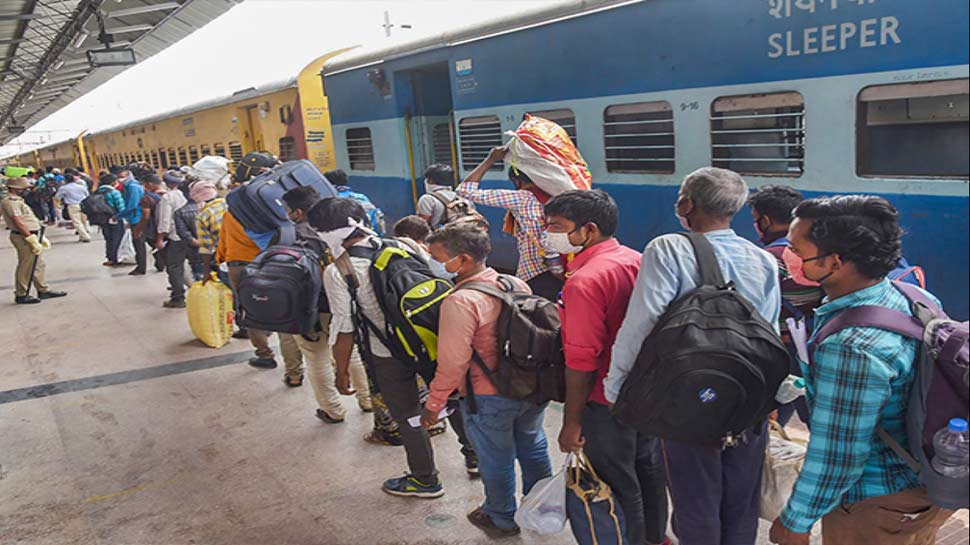
Indian Railways: Traveling without a ticket can cost you a lot during the railway journey. Central Railway has made a revenue of Rs 103 crore through ticket checking in the April-June quarter.
Indian Railways: People always use Indian Railways for long and comfortable journey in the country. Most of the people prefer it because of its economical. But still many people travel in the train without a ticket. Railway also issues awareness messages for such people from time to time. Traveling by train without a ticket is not only wrong, but it is also an offense under the law, for which there is a provision of fine, jail or both. Central Railway said that in the April-June quarter, the railways got more than Rs 100 crore revenue during ticket checking.
Railway’s instructions to those traveling without tickets
In a tweet, the Central Railway has instructed the passengers not to travel without a ticket. Railways said that the Central Railway has collected revenue of Rs 103.99 crore from ticket checking during April-June, 2022. “Central Railway appeals to the passengers to travel with proper and valid railway ticket to avoid inconvenience and travel with dignity,” the railways said.
About 5 lakh cases came in May
The Central Railway said that in June 2022 alone, about 4.83 lakh cases related to traveling without tickets have been reported, through which the railway has got revenue of about Rs 31.78 crore.
Cases increased so much compared to last year
According to the data provided by the Central Railway, a total of 14.94 lakh cases of passengers traveling without tickets have been detected by railways during the April-June quarter, as against 5.04 lakh cases in the same quarter last year. This means that there has been a jump of 196 percent in these cases.
Talking about the revenue, a total of Rs 103.39 crore has been generated from these 14.94 lakh cases reported in the quarter of April-June, 2022, as compared to a total revenue of Rs 31.58 crore in the same quarter last year. Which means that the total revenue has increased by more than 227 percent.
